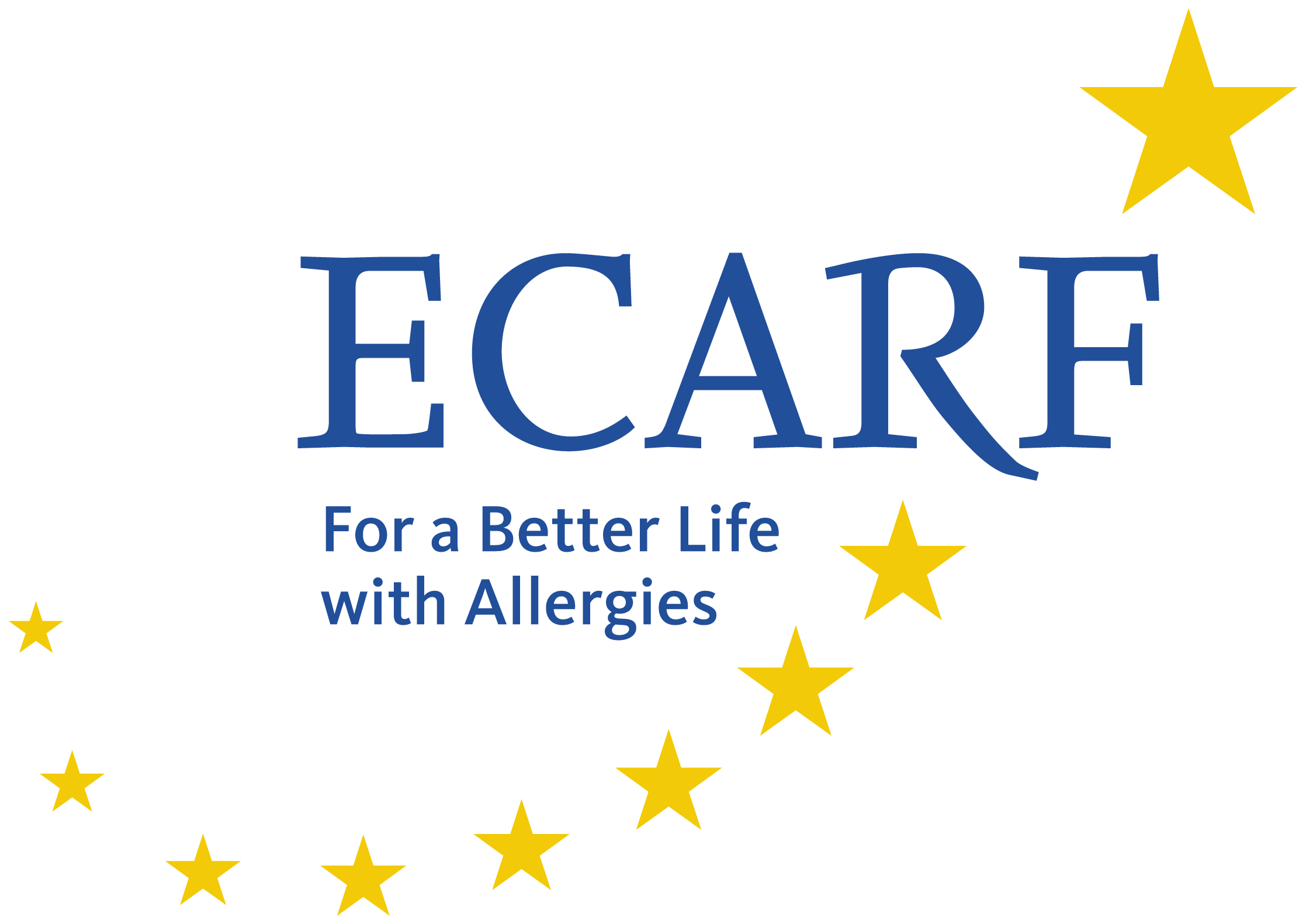ADF Awards
The ADF announces various prizes to reward scientists / researchers from the field of dermatological research. In addition to the Paul Langerhans Award for established researchers and the Egon Macher Award for young investigators outstanding works in the field of allergy research (ADF / ECARF Award of European Allergy Research) and oncology (Dermato Oncology Junior Scientist Award) will be honored on the ADF Annual Meetings.
In addition, the best posters will be awarded with a poster prize.
For the complete tender texts and the detailed allocation policies please click on the highlighted link.
Please note:
For poster prices, the ADF / ECARF Award for European Allergy Research, the Dermato Oncology Junior Scientist Awards and for the Translational Research Award, a separate application is not necessary. For these prices all abstracts submitted before the deadline will be evaluated.
Submissions for the Paul Langerhans Award and the Egon Macher Award should be made in all cases exclusively in electronic form as one PDF file to the ADF office.
Submission closed
ADF/ECARF-Award for European Allergy Research
- The Allergy-Award is supported by the European Centre for Allergy Research Foundation (ECARD) -
The “European Center for Allergy Research Foundation (ECARF)” located at the Department of Dermatology and Allergy, Charité Berlin and the ADF want to foster research activities in the field of allergy. Therefore, they announce the “ADF/ECARF-Award for European Allergy Research” donated by ECARF.
The award is in endowed with 5.000,- Euros every year.
The selection of the awardee is done by the jury during the ADF annual meeting. The award will be given to a study-group or a group of collaborators which conducted the research with combined efforts. The award can also be given to non-members of the ADF. Studies in which a member of the jury serves as the first or the last author will not be considered.
All abstracts (poster or presentation) submitted in time to the annual meeting of the ADF will be considered.
The awardee is asked to publish a short report at the ADF home journal Experimental Dermatology.
Board of trustees:
- Prof. Dr. Torsten Zuberbier (Vorsitzender)
- Prof. Dr. Tilo Biedermann
- Prof. Dr. Nicolas Hunzelmann
- Prof. Dr. Claudia Traidl-Hoffmann
Past awardees of the ADF/ECARF-Award for European Allergy Research
Zhaoying Liu, Hannover
Miriam Hils, Munich
Frederick Hartung, Düsseldorf
Nils Scheib, Münster
Johannes Mayer, Wellington/Marburg
Verena Raker, Mainz
Monique Butze, Berlin
No Award
Denise Rauer, Augsburg
Leonhard von Meyenn
Talkea Schmidt, Mainz
Hansjörg Baurecht, Kiel
Andrea Braun, Göttingen
Thomas Volz, Munich
Florian Woelbing, München
Thomas Marichal und Philipp Starkl, Stanford
Kai Haenel, Aachen
Lavinia Paternoster, Bristol
Marc Schmidt, Giessen
Stefanie Kunz, Freiburg
Christian Moebs, Marburg
Verena Kupas, Münster
Sabine Ring, Heidelberg
Christoph Tripp, Innsbruck
Vera Mahler, Erlangen
N. Lorenz, Mainz
Miriam Wittmann, Hannover
Thilo Jakob, München
Erika Jensen-Jarolim, Wien

